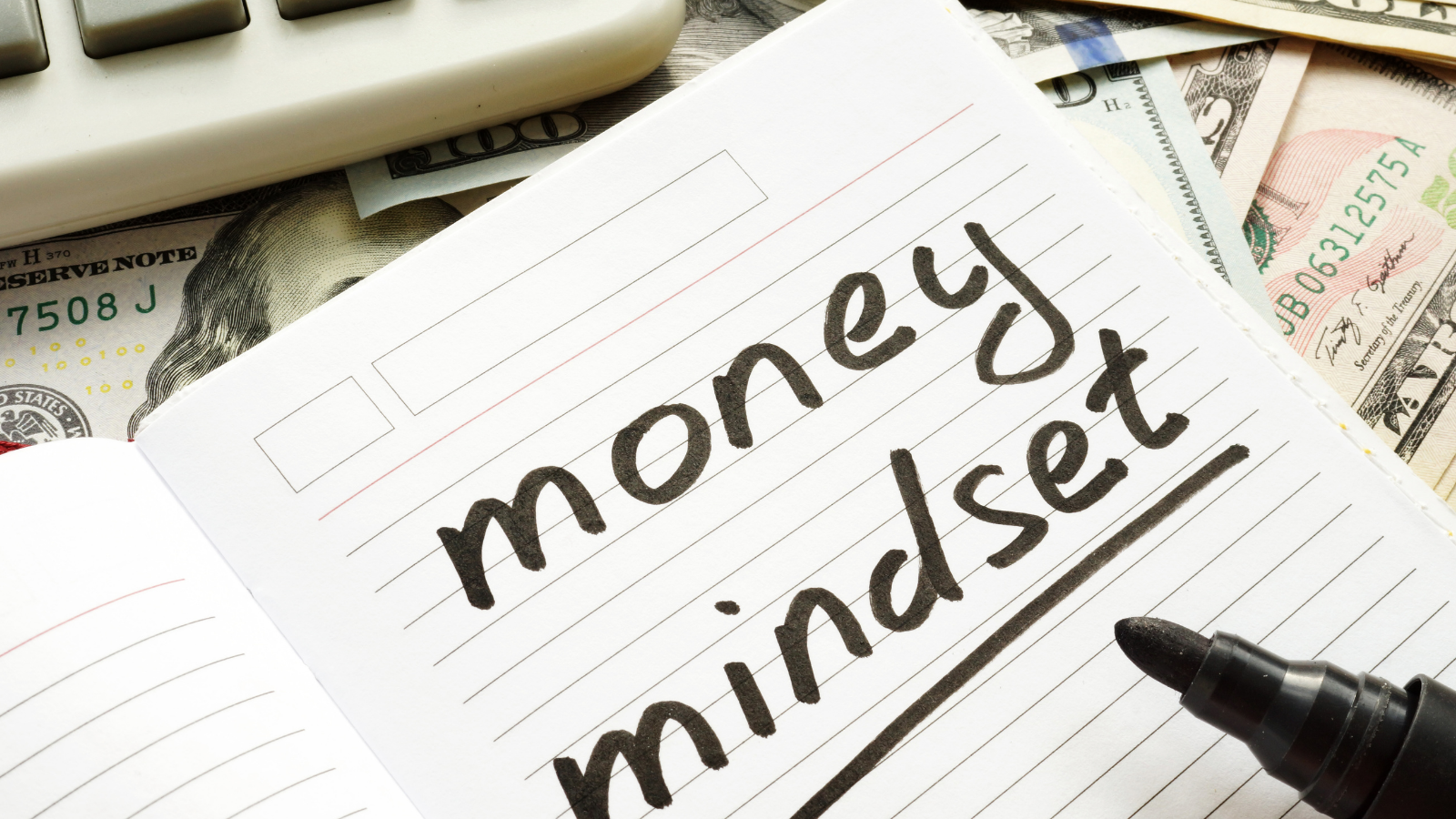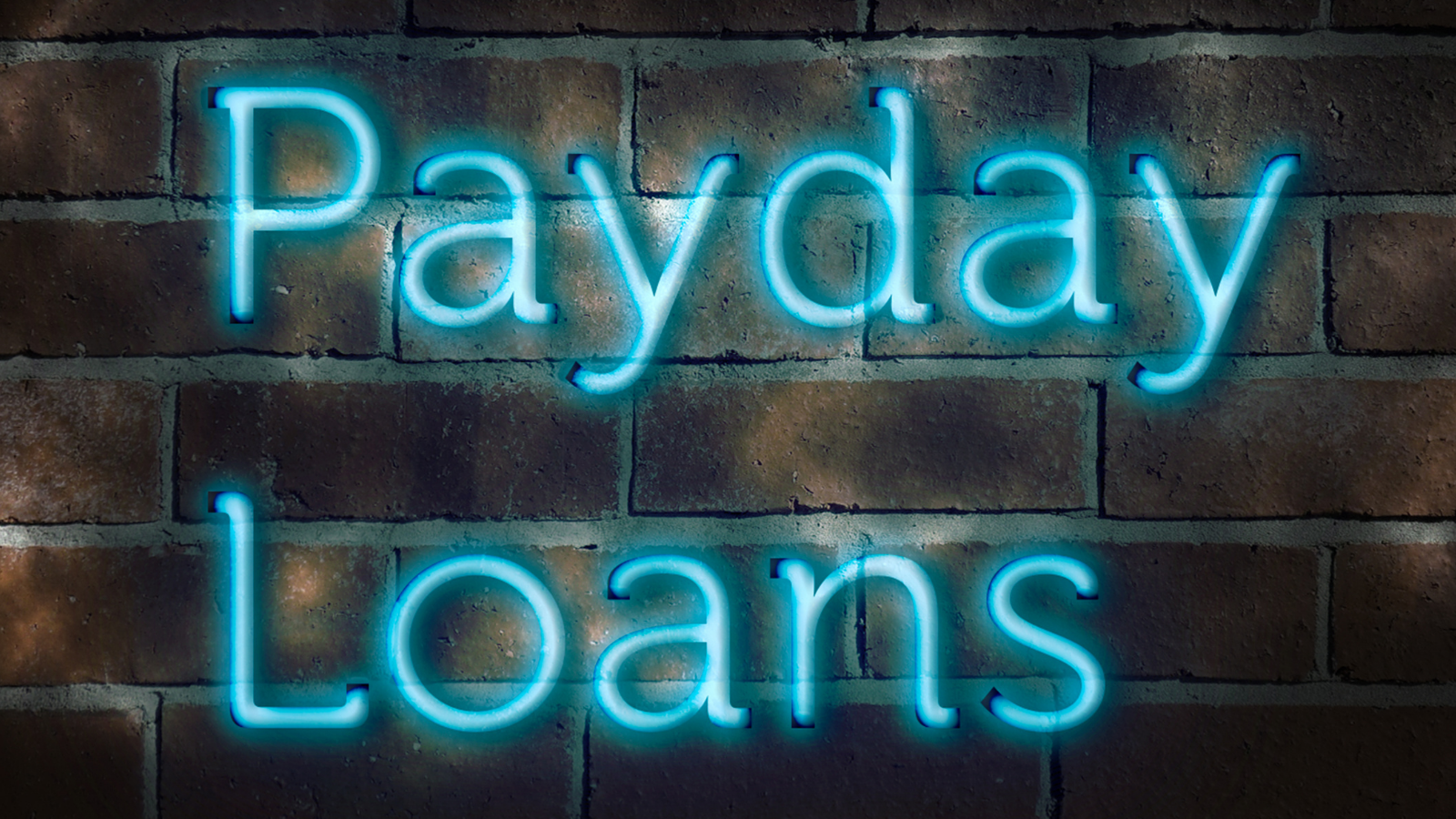When it comes to your credit score, it matters more than your ability to borrow money. Having either a good or poor credit rating is sure to affect your life in more ways than income in the traditional sense.
Let me first walk you through a brief little history lesson of the credit bureau system for some context. In the 1800’s, when a business would need to extend credit to an individual that would go on your character and what they know about you.
Isn’t that sweet? But I’m sure you can see how that system wouldn’t be feasible for growing towns and communities that attracted unknown people and let’s not even talk about the potential for misuse and discrimination.
As you can imagine, towns and cities continued to grow and expand all over the country and there was a growing need for a consolidated location to store and collect individuals’ credit information.
This way Joe Shmoe could run up credit and not pay in one town and simply move to another and do it all over again. The banks and businesses that needed to extend credit to their customers needed a way to protect themselves.
Thus, well over a hundred years later, we have a fully functioning credit rating process where lenders, businesses, and even employers can pull information that reveals if this person is trustworthy to work in their business or repay their loan.
No, this system isn’t perfect or without flaws, but it is one that’s needed and it is an important factor in our lives.
5 Reasons Our Credit Rating Matters
Whether you choose to actively participate in building and growing your credit rating or not, it still will likely have an impact on your life regardless.
It makes sense to use the power of the credit bureaus for your favor.
1 | You can borrow more money at a lower interest rate
This is definitely a no-brainer but still worth mentioning. If you need to apply for an installment loan, apply for a mortgage, or simply buy your new furniture set on credit you’ll be able to what you really want instead of coming up short because of your low credit score.
It doesn’t mean that you should always go for the higher credit limit, but it’s always good to have options.
2 | You can get approved for unsecured loans with no collateral
One of the major downsides to having bad credit is having to put up collateral to secure your loan. A secured debt simply means if you are unable to pay back your loan, the lender can use the asset (your collateral) to repay the funds it loaned you.
Common types of secured debt are mortgages and auto loans, in which the item being financed becomes the collateral for the financing. With a car loan, if you fail to make payments on time, the loan issuer eventually acquires ownership of the vehicle. The concept is the same for mortgages. If the borrower defaults on the payments, the lender can seize the property and sell it to recoup the funds owed.
3 | You can get better deals on the stuff you already purchase
When you have a favorable credit rating, you can get better deals on things like insurance premiums, apartments and cell phone plans. This are things you would be buying anyway so your credit score is basically saving you money.
Someone with FICO scores in the 620 range would pay $65,000 more on a $200,000 mortgage than someone with FICOs over 760. (FICOs and VantageScores are on a 300-850 scale.)
On a five-year, $30,000 auto loan, the borrower with lower scores would pay $5,100 more.
A 15-year home equity loan of $50,000 would cost a low scorer $22,500 more than someone with high scores.
Nerdwallet.com source
4 | You could land a better job
Many employers are pulling credit scores as a way to determine a person’s trustworthiness. Banking institutions have been using credit scores in their hiring practices for obvious reasons, but many other types of businesses are now following suit.
The statistics are roughly 3 in 10 employers are now pulling credit as a part of their hiring process.
5 | You can rent a home you really want
If you have bad credit then you’ve likely had trouble or were denied approval to live where you desired. This is an awful feeling.
However, tenants who do not pay their rent in full or on time are a landlord’s nightmare. Often, landlords are still paying mortgages on the places they rent out, so they must come up with the monthly mortgage payments whether their tenants pay rent on time or not.
Renting is serious business, and in most markets, there is competition for the best homes in the nicest neighborhoods. An advantage of a high credit score is that you often move to the front of the line, leaping over applicants with less-than-stellar scores.
Having a good credit rating isn’t always about how much money you can borrow when you need it. Rather, it’s about being seen as a trustworthy person who lenders, landlords, employers, and even businesses can trust to work with.











